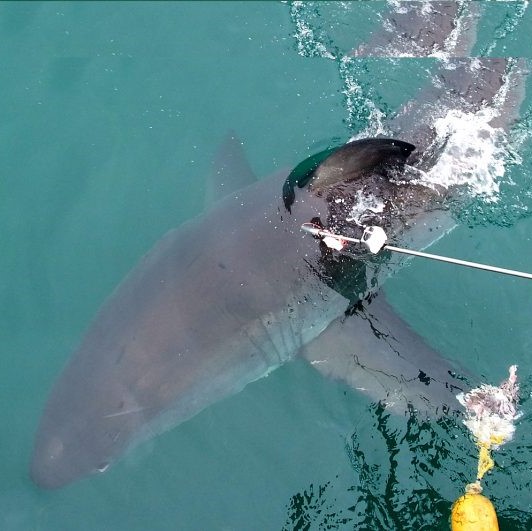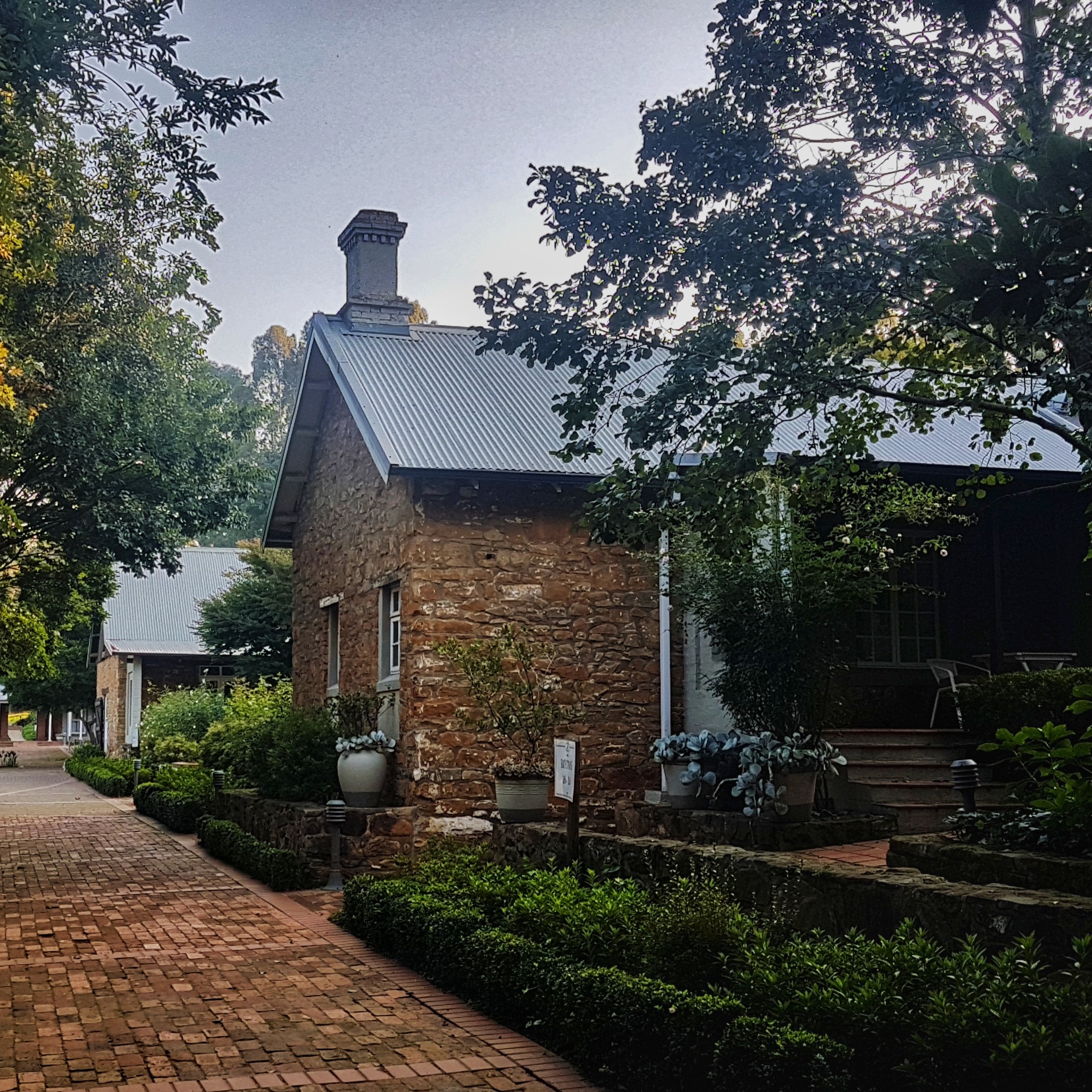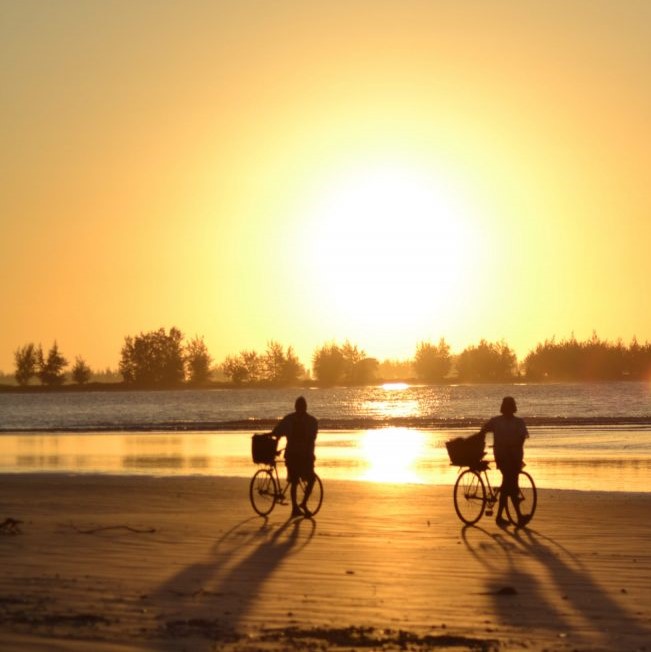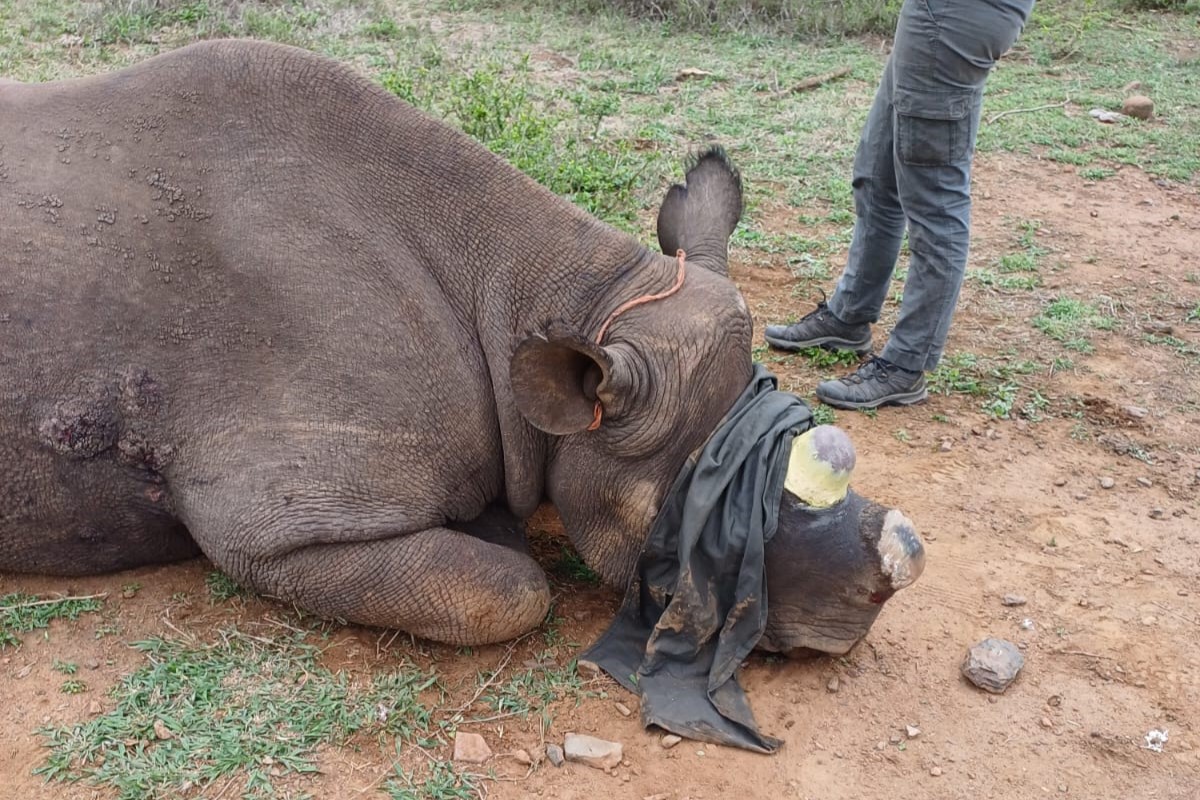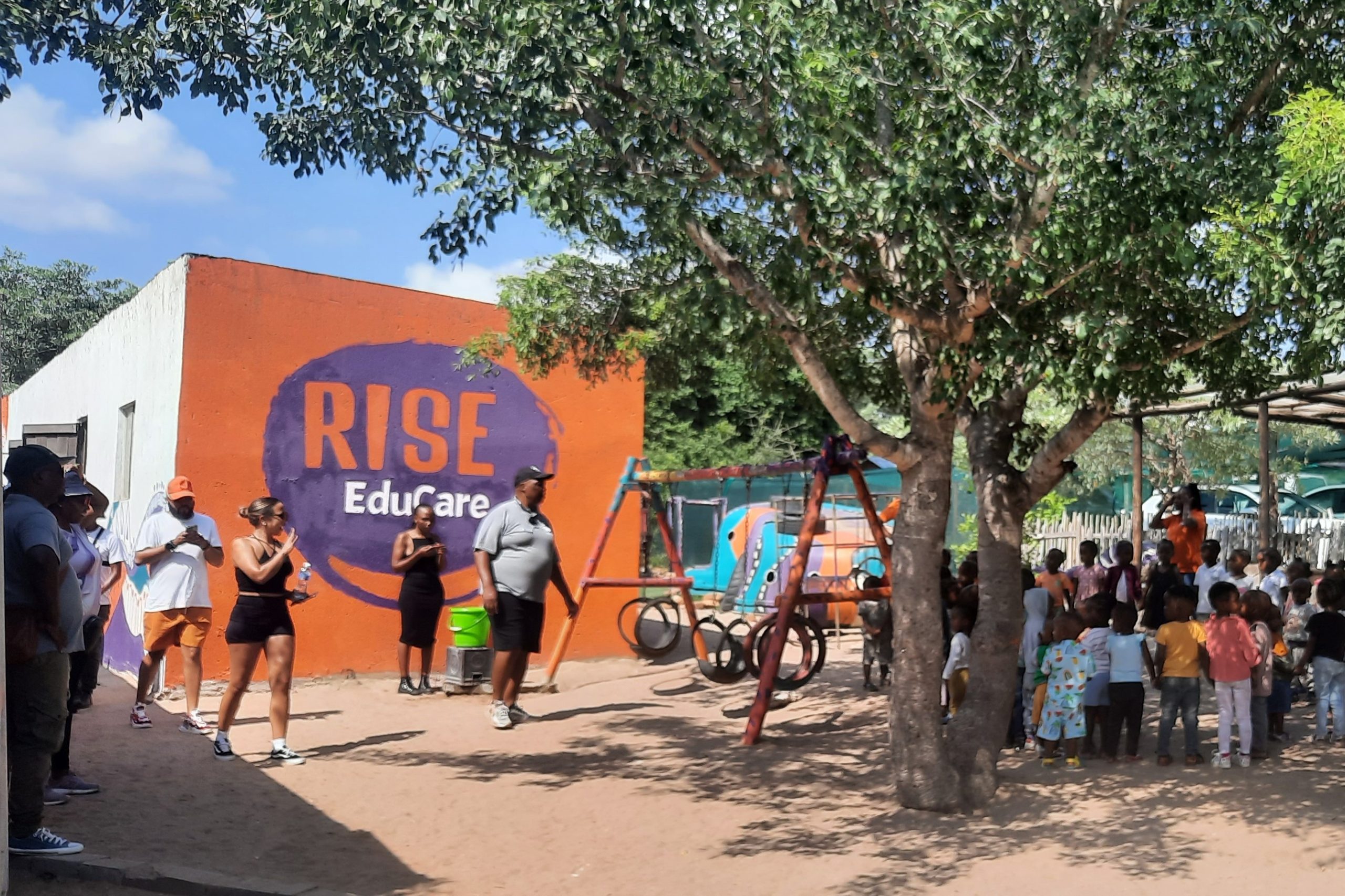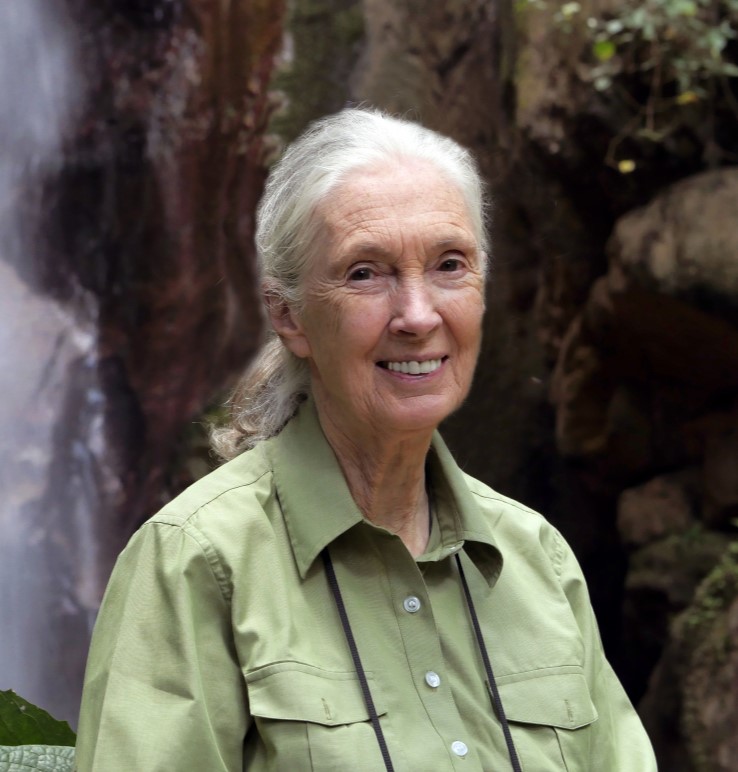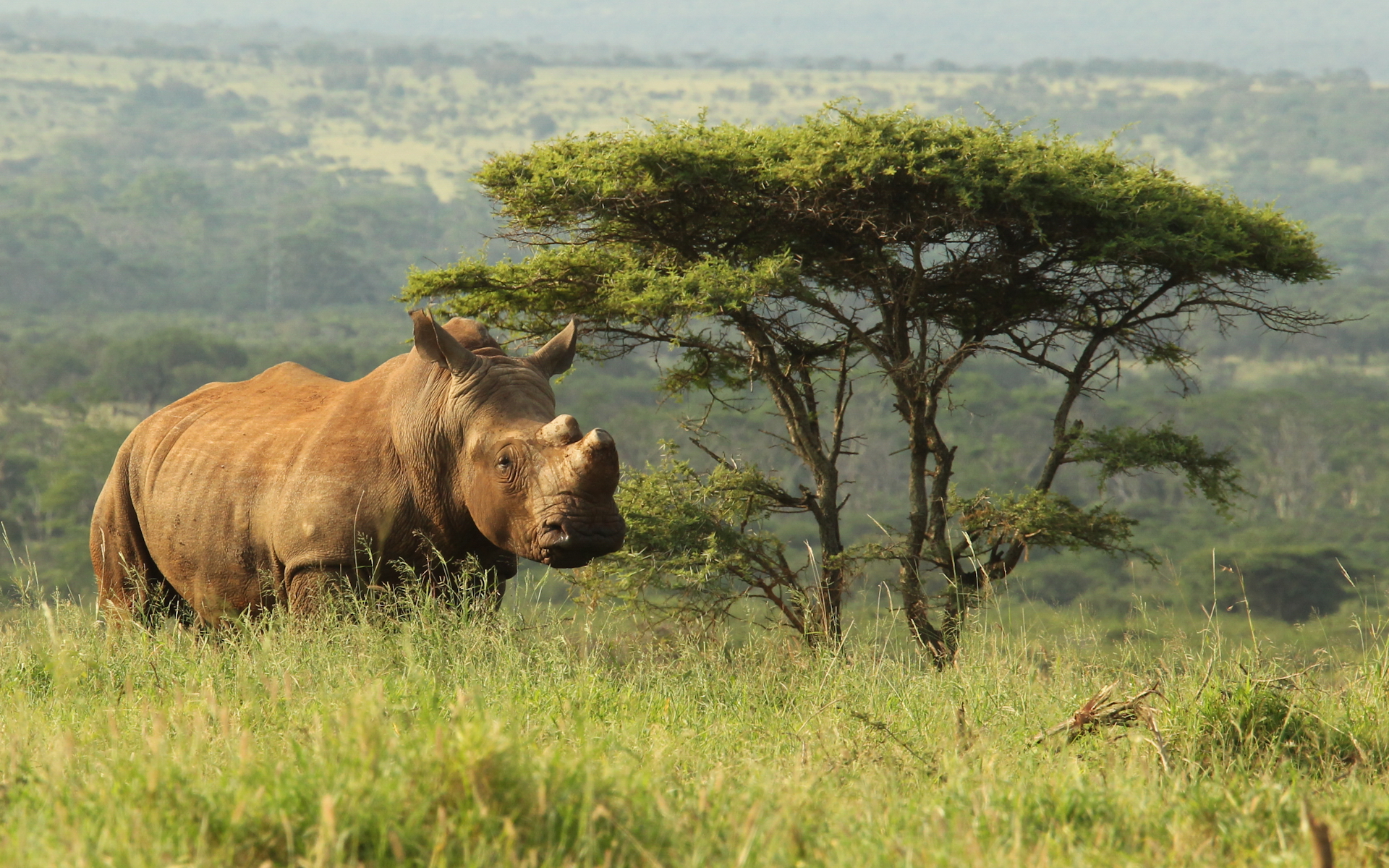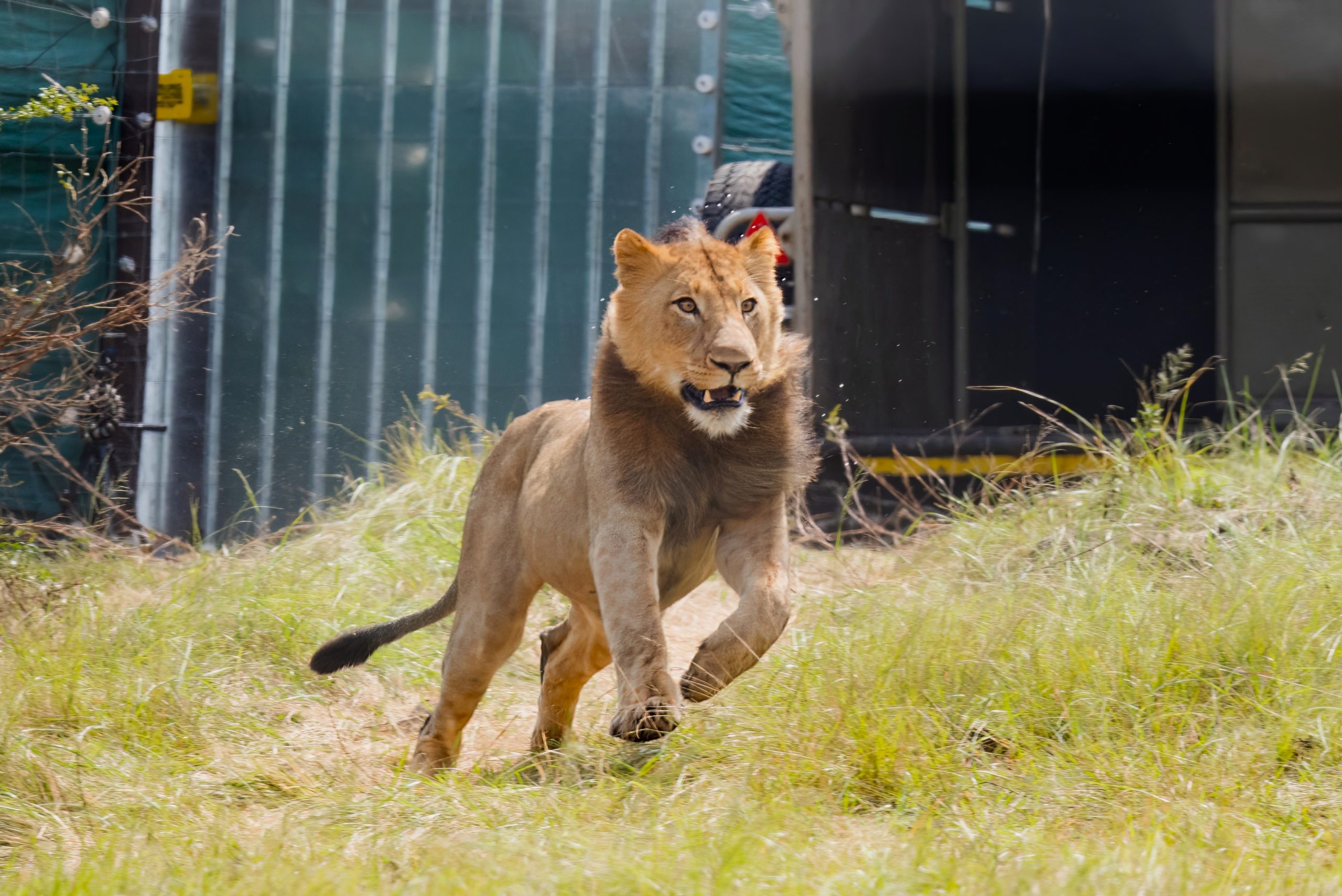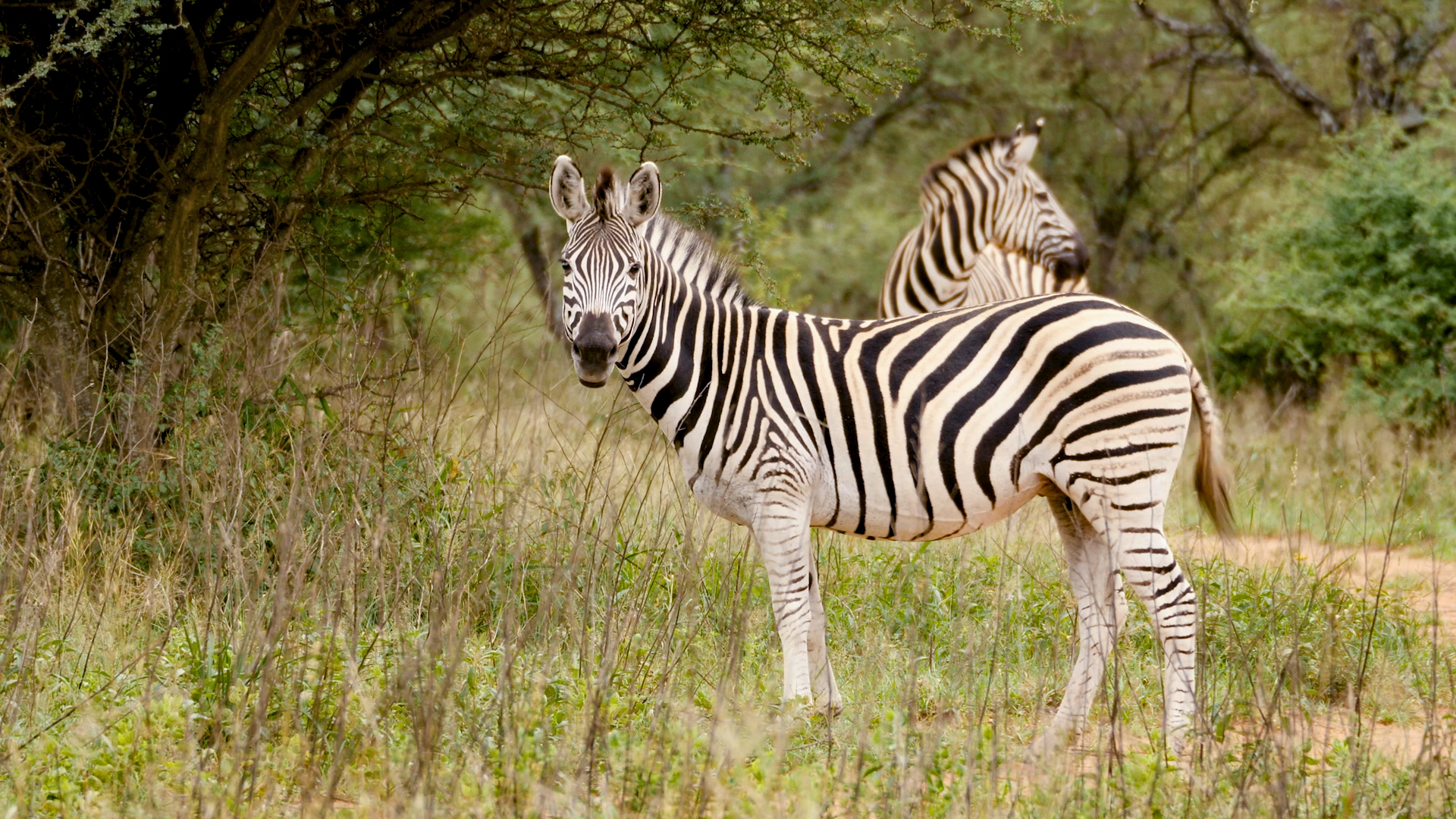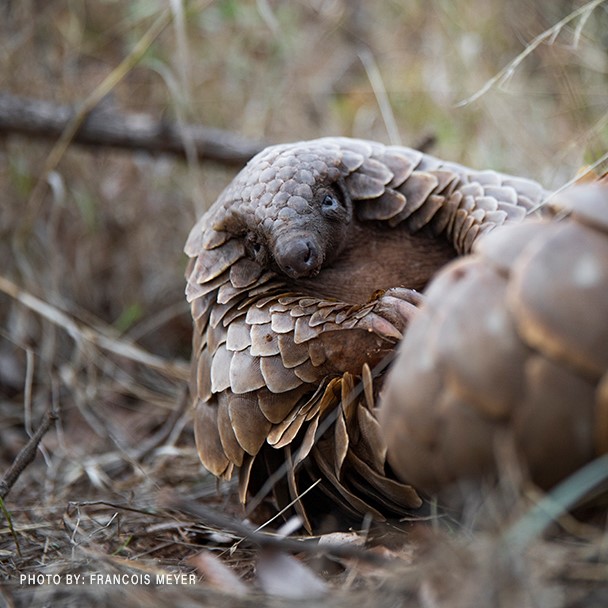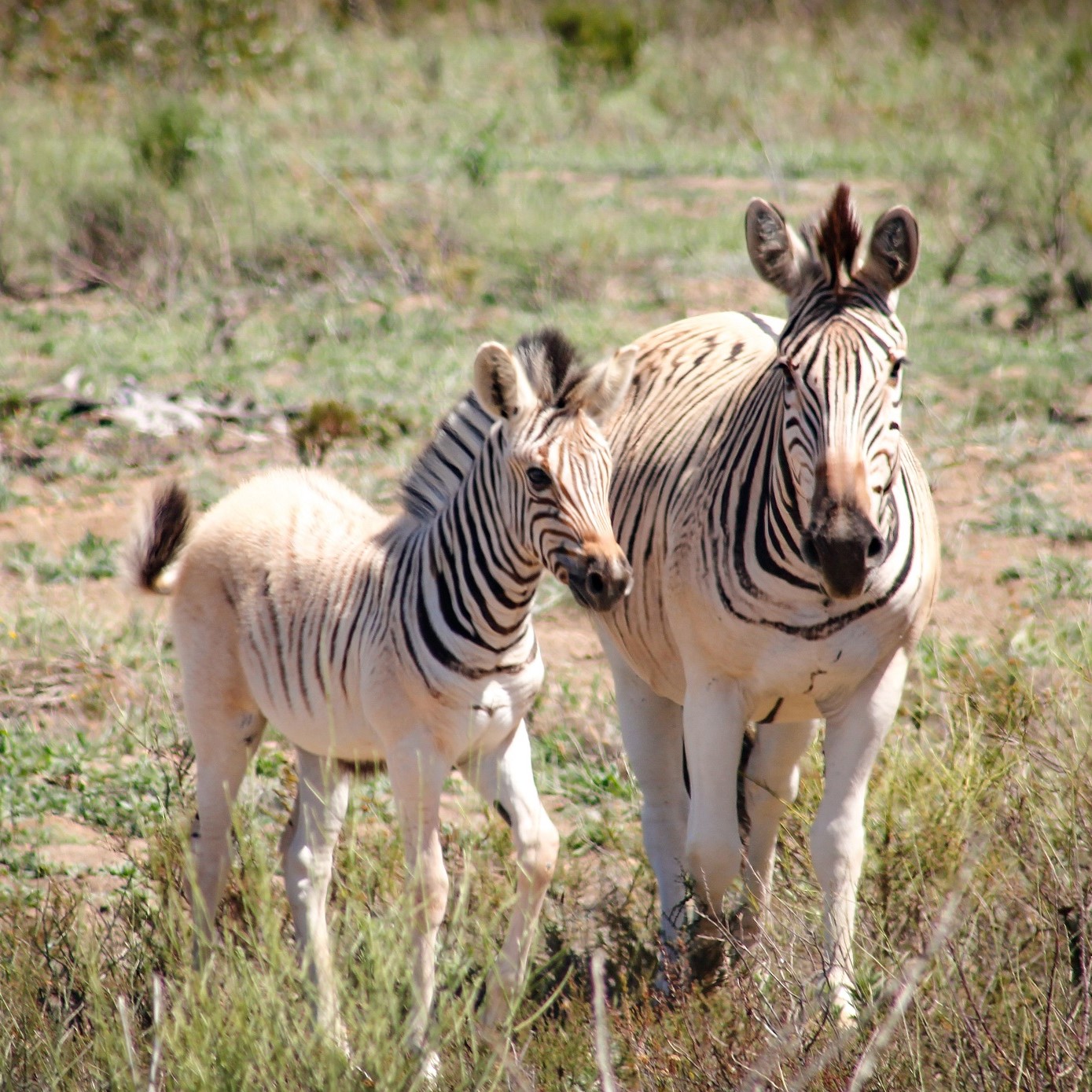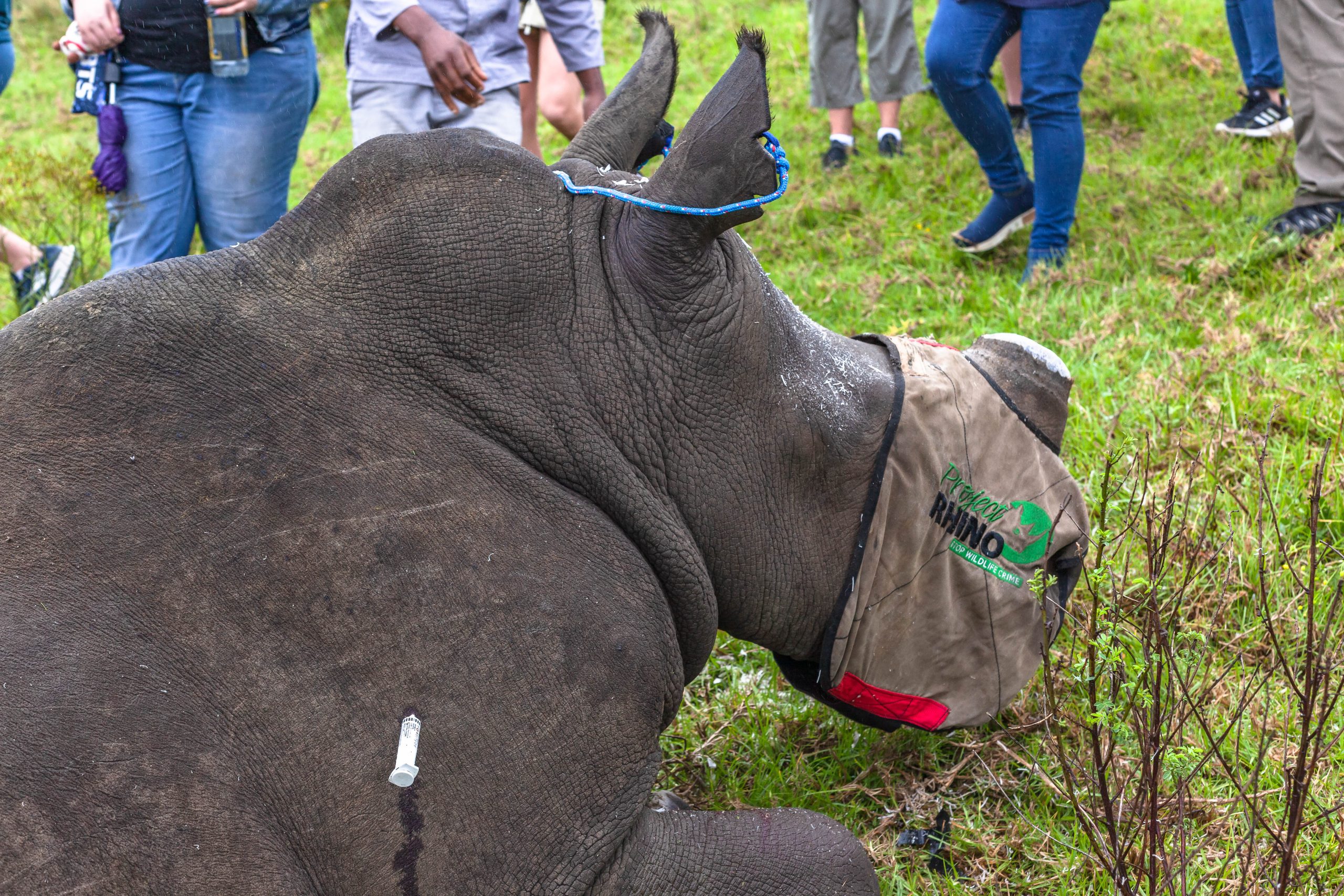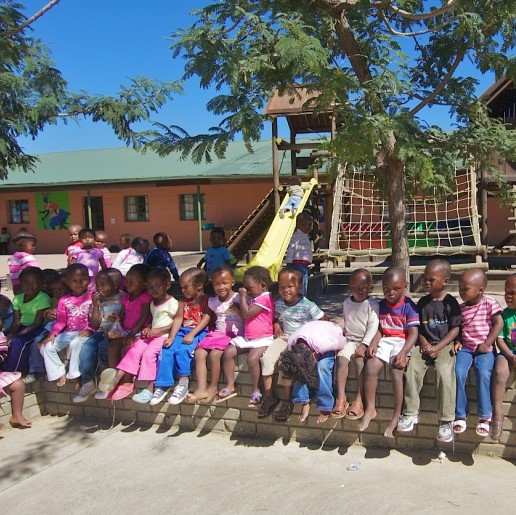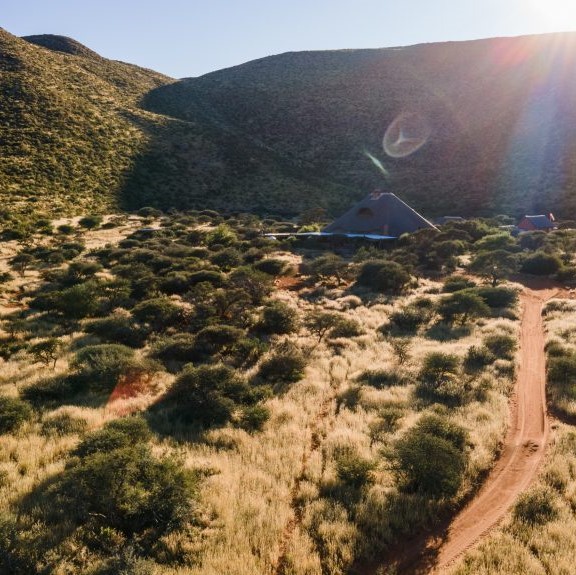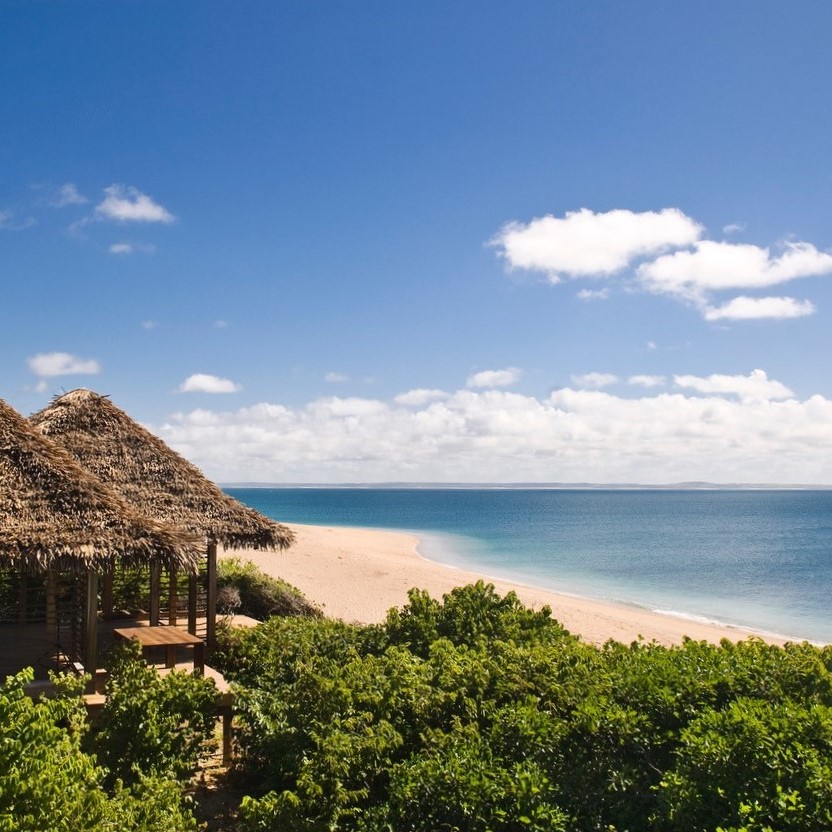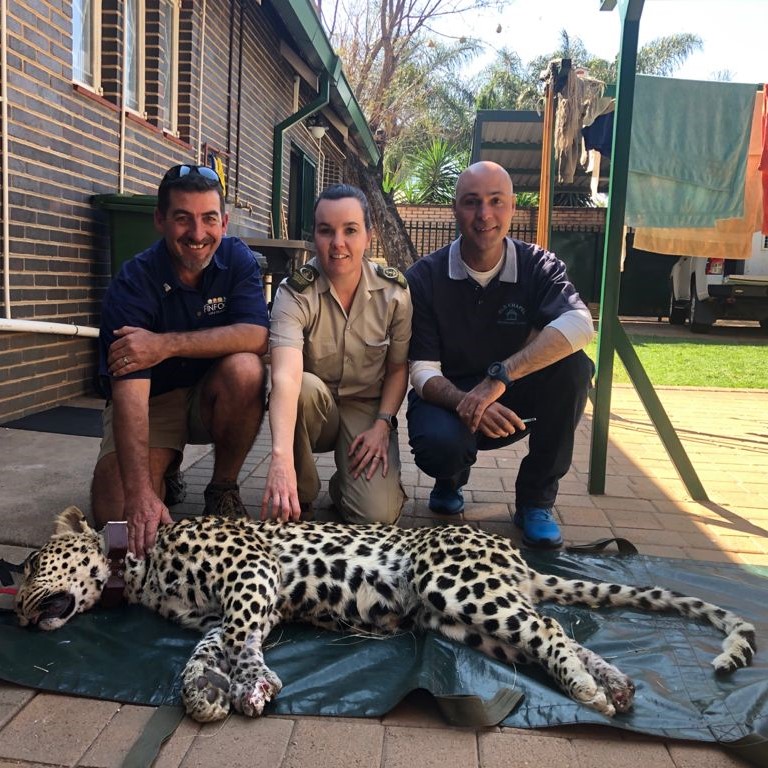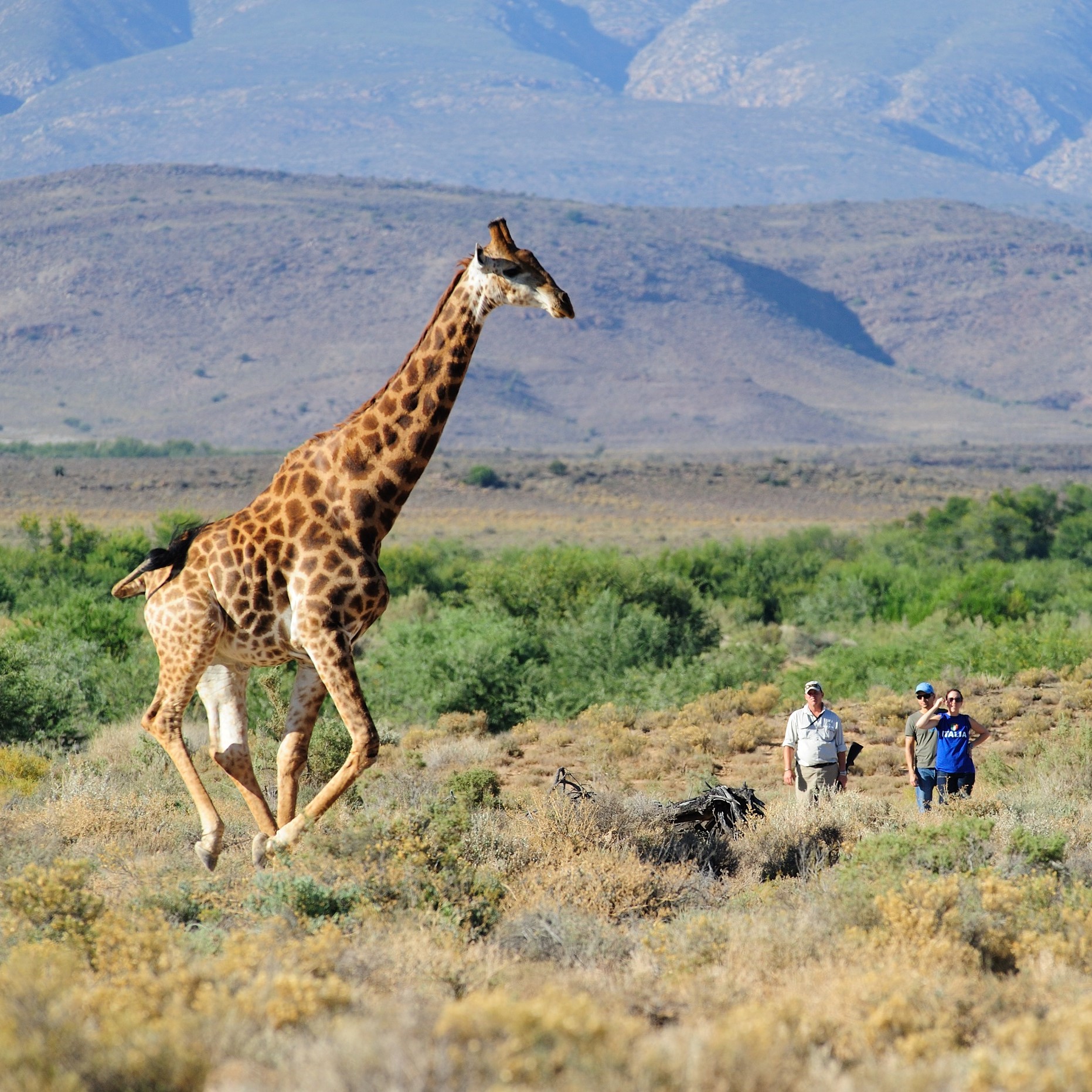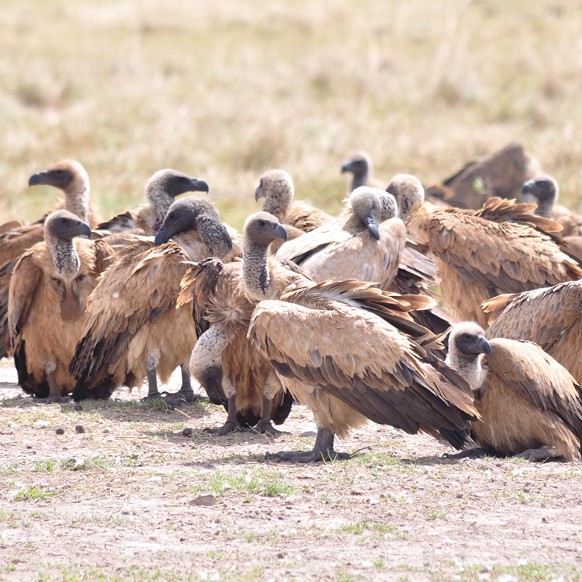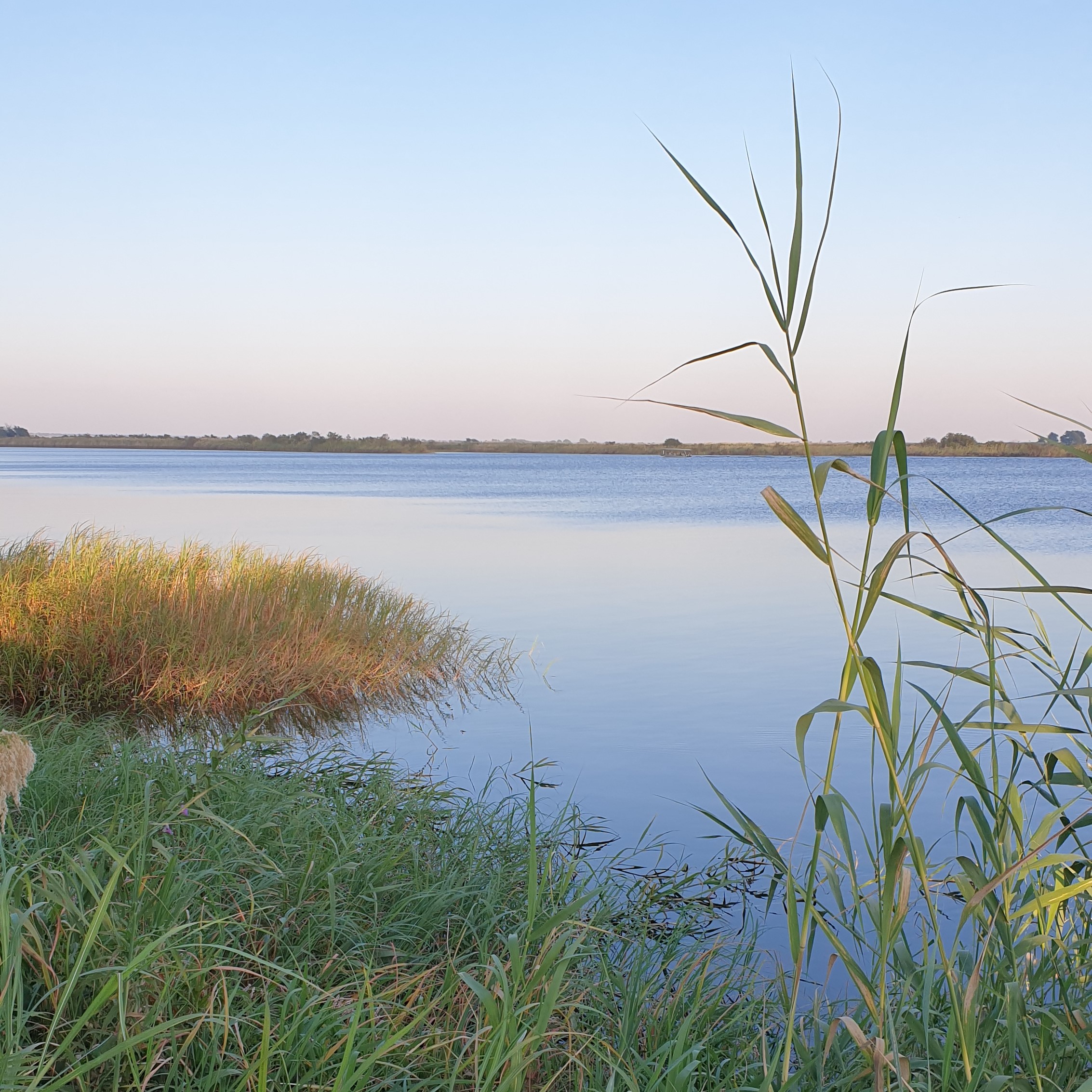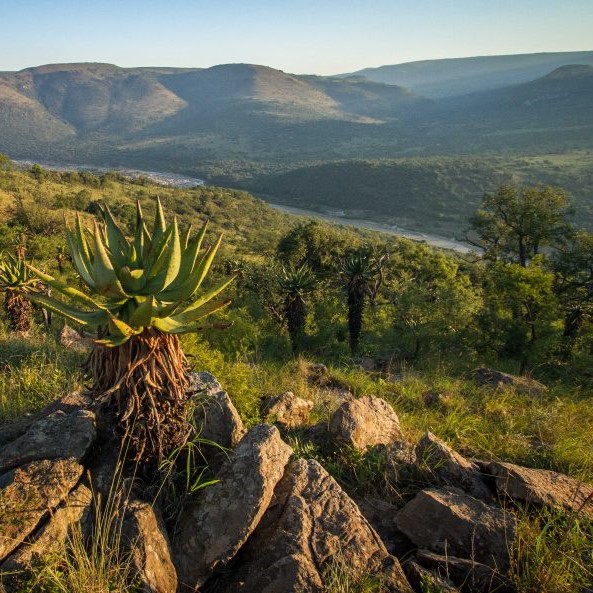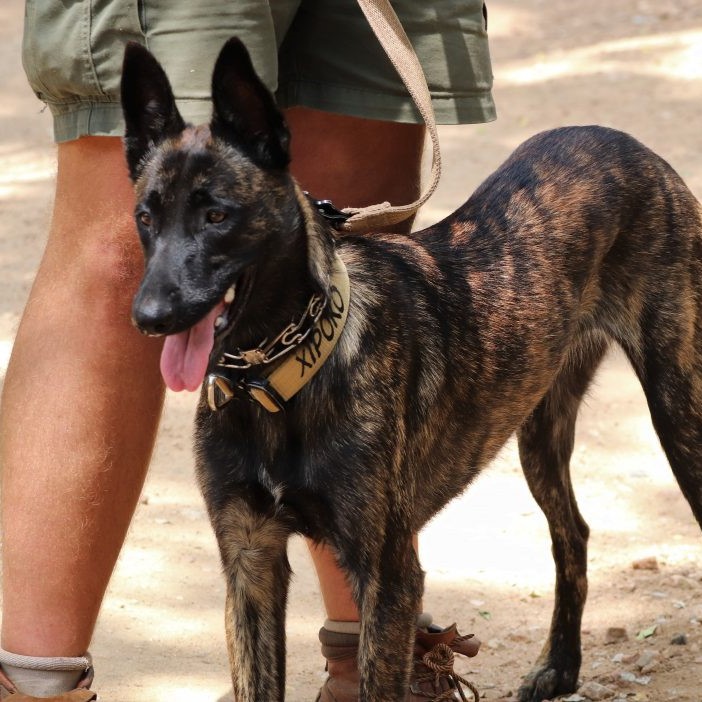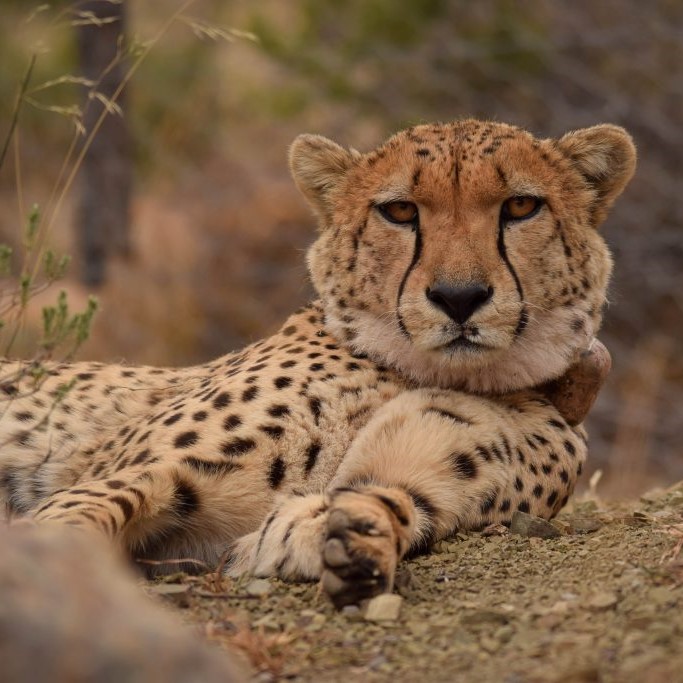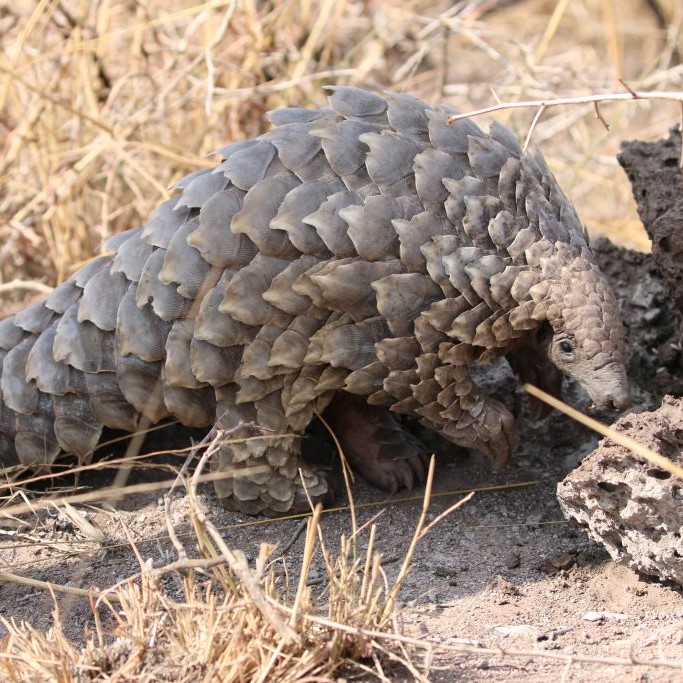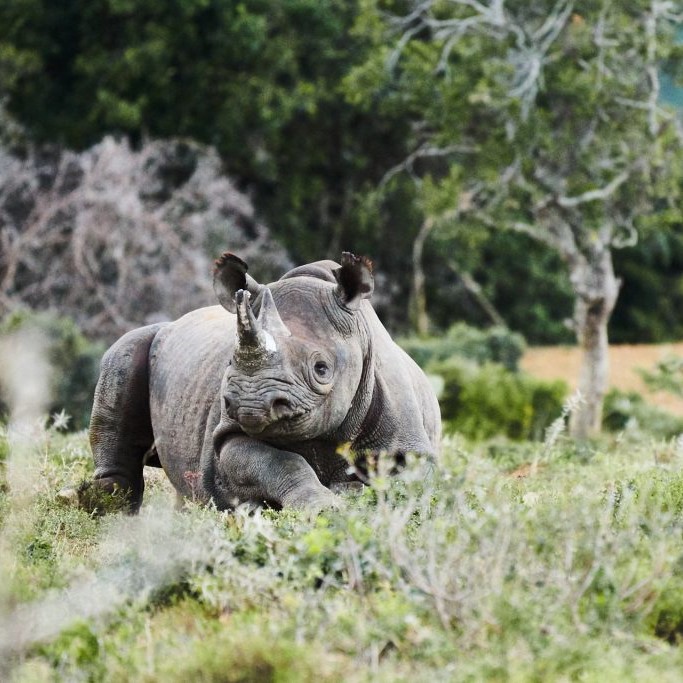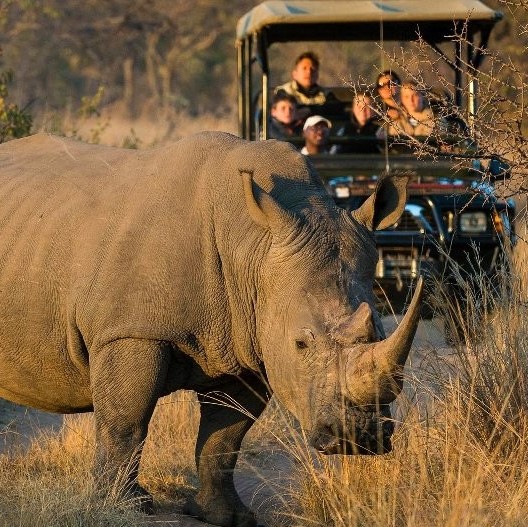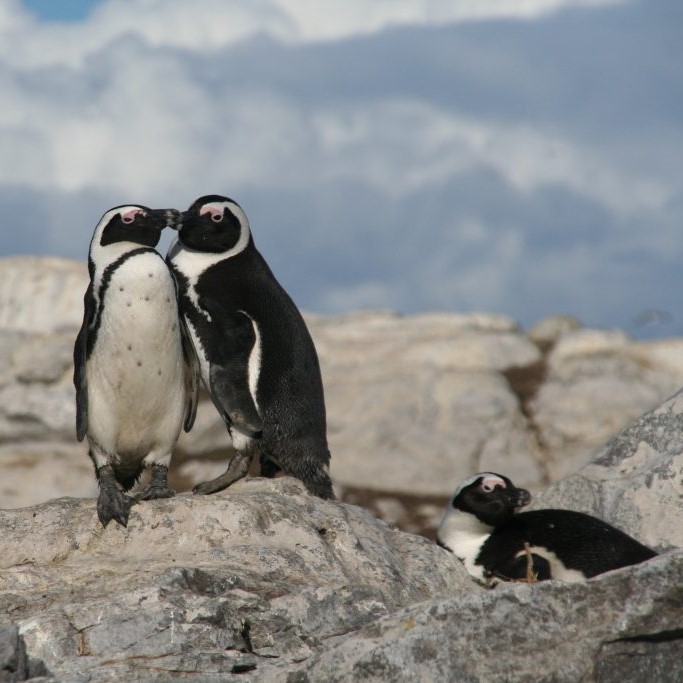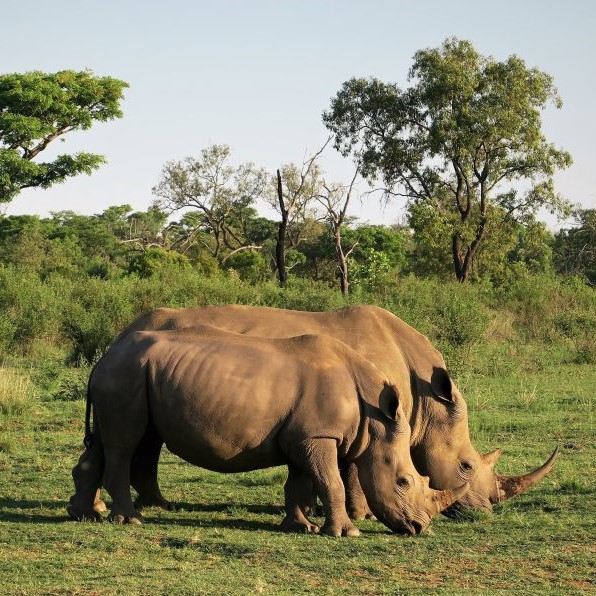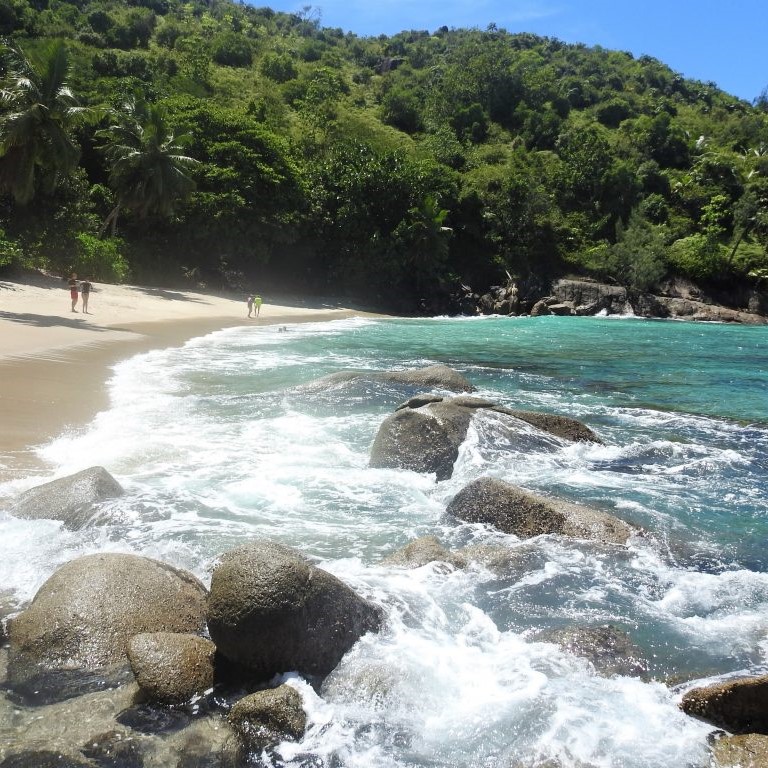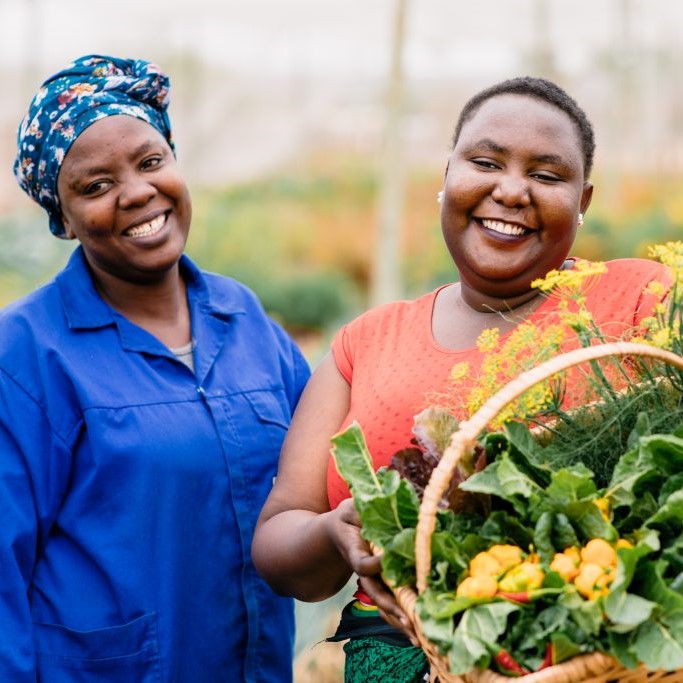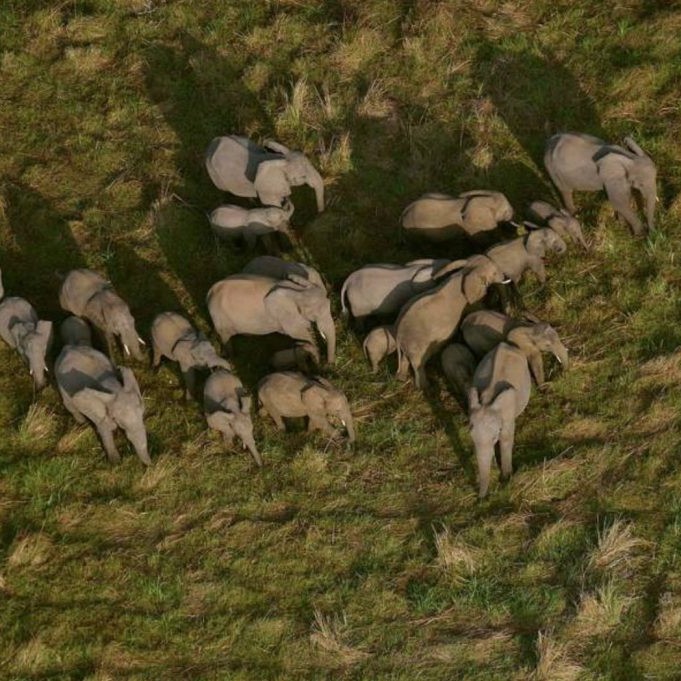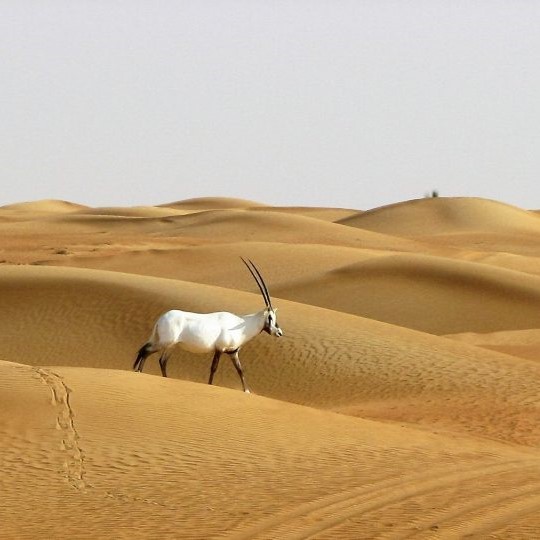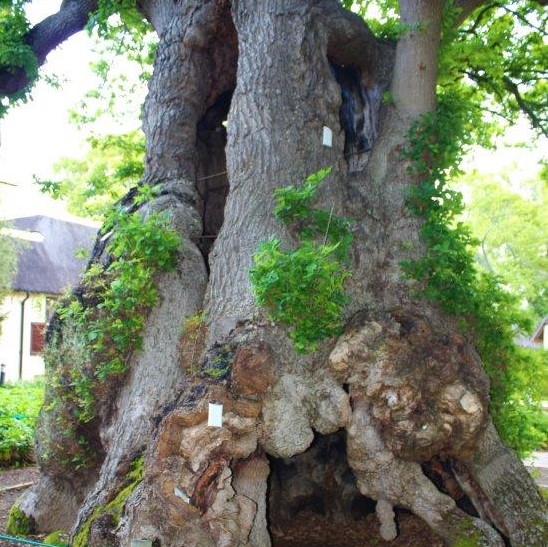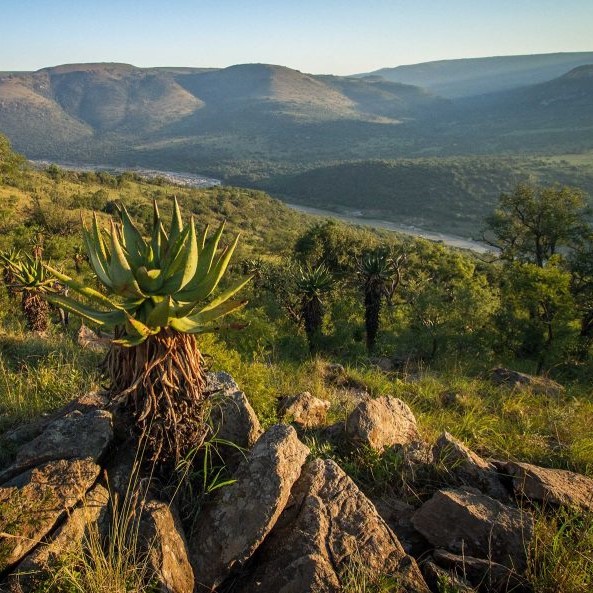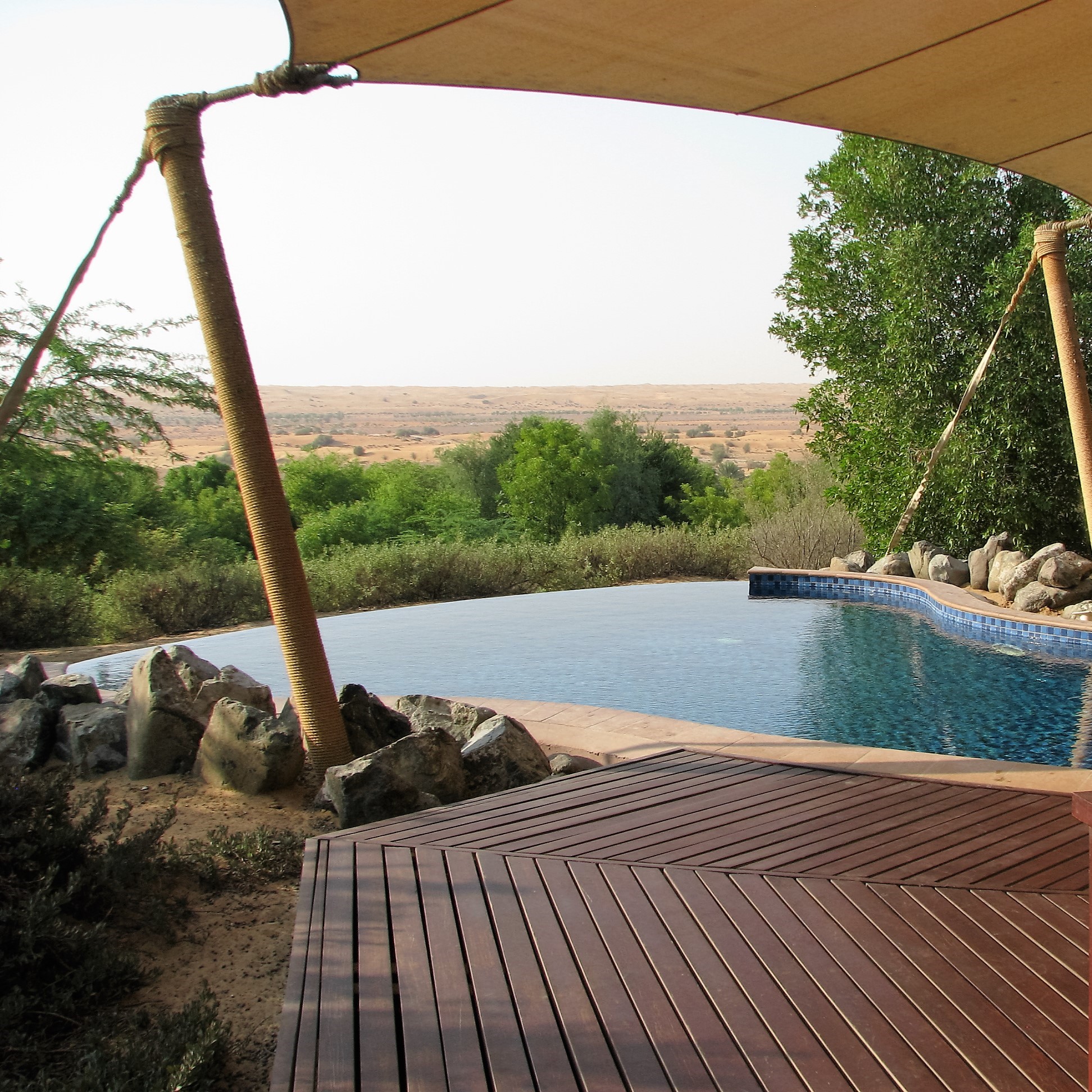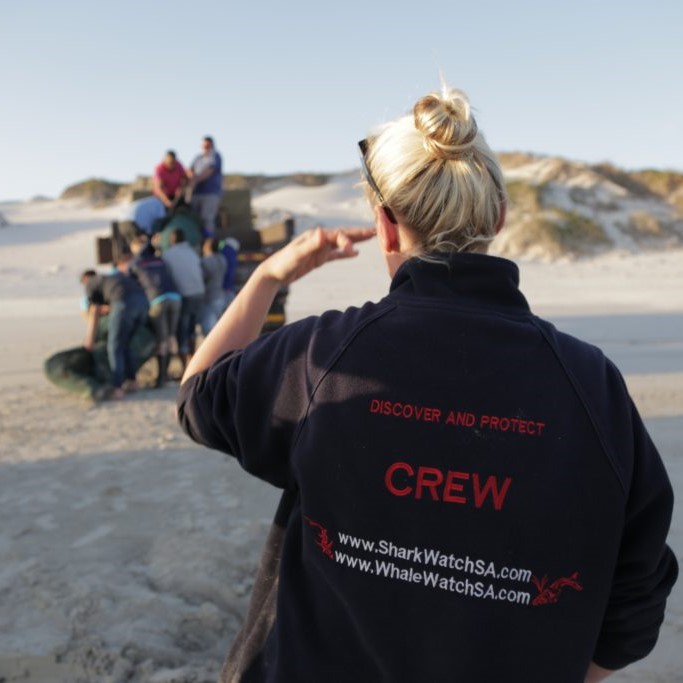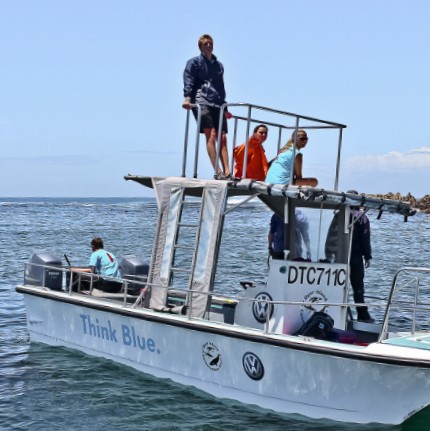Kenya’s Sarova Hotels and Resorts has grown from its humble beginnings in 1972, built from a dream that was, and still is, imbibed with a deep respect for nature and community. And one that still lives within its DNA. Behind the company is a beautiful history of families, friendship and the power of will uniting to create Kenya’s leading, independently owned, exceptional breed of hotels and resorts. As a historic part of Kenya’s hospitality industry, it has over decades acquired a portfolio of exceptional properties.
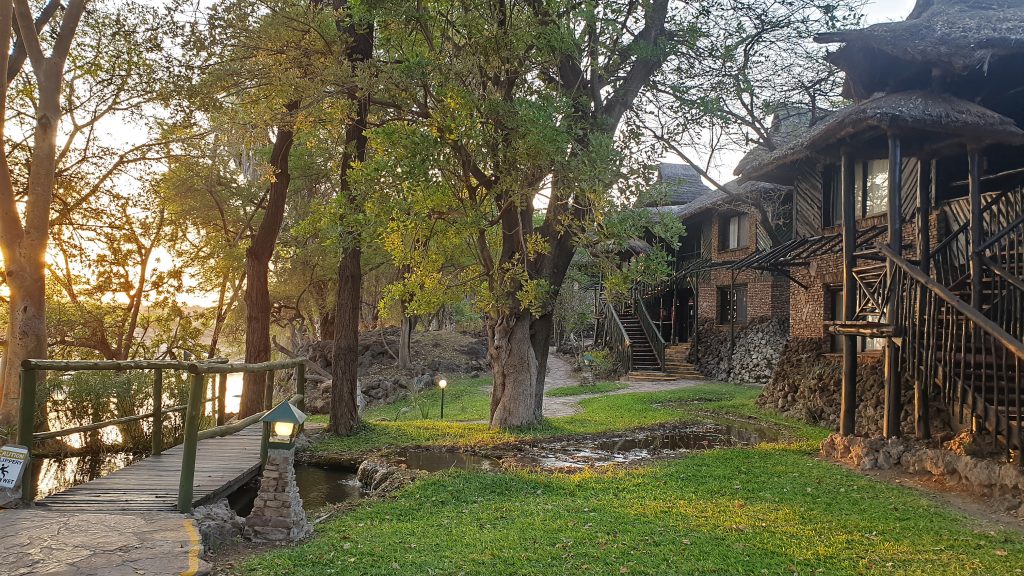
“With over 45 years of superior hospitality in some of Kenya’s most exotic destinations, providing bespoke and memorable experiences holds true for us in the portfolio of eight luxury properties that we own and run. From the humble buzz of the metropolis that is Nairobi, the enchanting sunsets that silhouette wild game at the Maasai Mara to the pristine sandy beaches along the Indian Ocean, our success is defined by each returning guest” says Caroline Wandetto, Group Marketing Manager.
Our experiences
Journey through time to the Victorian era of opulence and embody the exploits of Ernest Hemingway and Karen Blixen. Indulge in a multi-sensory experience of bold, lively, colourful neo-Africa or perhaps get lost in the thrilling escapades of our safari expeditions and an intimate interaction with the traditions of the local communities. Stay in our lush tropical getaway nestled along an unspoiled stretch of sandy beach where gentle waves tug at your toes and the Swahili culture comes alive. “At Sarova, we have a shared appreciation for sustainable tourism and enriching the lives of our host communities with the active participation of our guests. Initiatives that preserve the Kenyan heritage, restore natural resources, and provide social-economic gains are at the core of our vision”.
Playing our part for community and environment
“Sarova has been privileged to set up and run a successful brand in fantastic locations all across Kenya interacting with communities that have extended their goodwill as we share in their land, their cultures and practices”.
Sarova’s contribution towards enhancing the planet and the lives of local communities reads as follows:
Organic farming: The farm-to-plate concept is at the heart of our culinary operations. All our Sarova Lodges have organic kitchen gardens that allow guests to handpick a wide assortment of herbs and vegetables from which they can create their own meals. The extensive vegetable gardens are tended to by green-thumbed farmhands employed from within the communities around our lodges, thereby creating economic empowerment that extends to their families. Organic mulch sourced from our kitchen waste and turned into compost in a neat recycling system is used to conserve the soil’s moisture and improve its fertility.
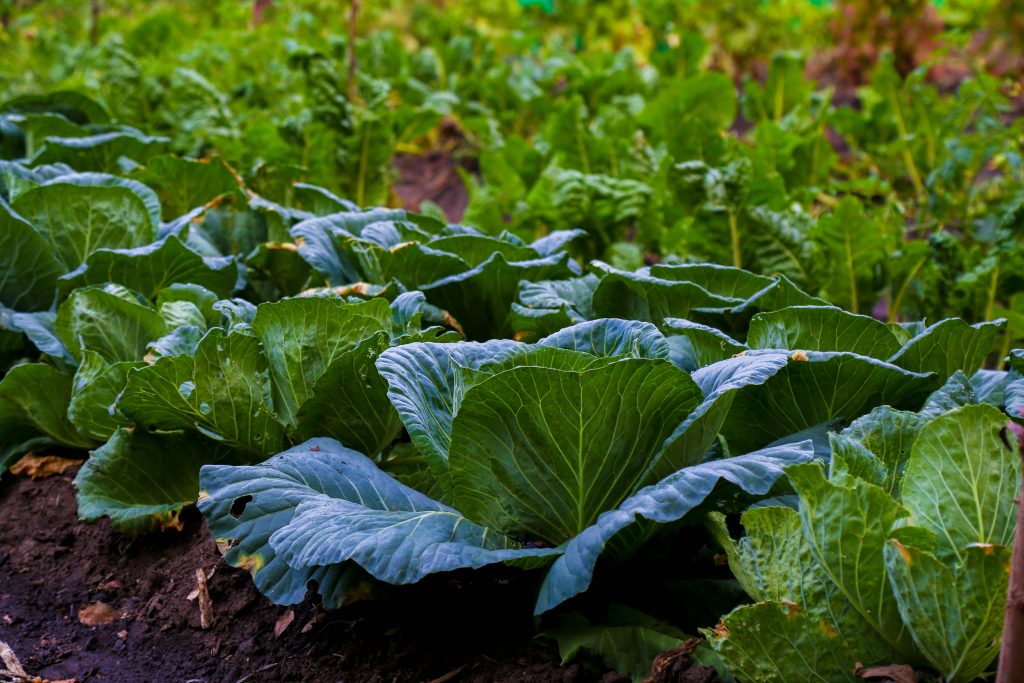
Social and Economic empowerment of local communities: How amazing it is to leave money in the pockets of the local communities we operate from. The success of our lodges is attributed to the employment of locals who not only understand the geography of our locations but also have a buy-in on our ideas making them easy to implement. We take pride in our passionate tour guides who narrate their experiences and explain any curious wildlife query in spectacular detail.
Our lodges provide direct route-to-market channels, which include facilitating visits to cultural manyattas for guests who purchase artisanal merchandise. These same artisans are allowed to display their commodities within our lodges selling them directly to tourists. Their profits are pocketed for their families without third-party costs.

We have facilitated for continuous learning in schools through the construction of classrooms, ablution blocks and rain harvesting systems in partnership with generous guests who donate books and sanitary towels to the students. Such beneficiaries include Sekenani Primary School, Waguthu Primary School and Nakuru Girls’ High school.
Over at Sekenani, located in the Mara National Reserve, selected alumni of Sekenani Primary School later receive training at the Sarova Mara Game camp, acquiring some hospitality skills with successful trainees subsequently being hired as wait staff at the property.
Energy Conservation: 70% of overall water use within our lodge eco-system emanates from the guest rooms, a fact that has prompted the use of solar power as a primary source of energy to heat water for room use. We are therefore guaranteed a steady supply of renewable clean energy that does not contribute to air pollution and significant savings on costs.
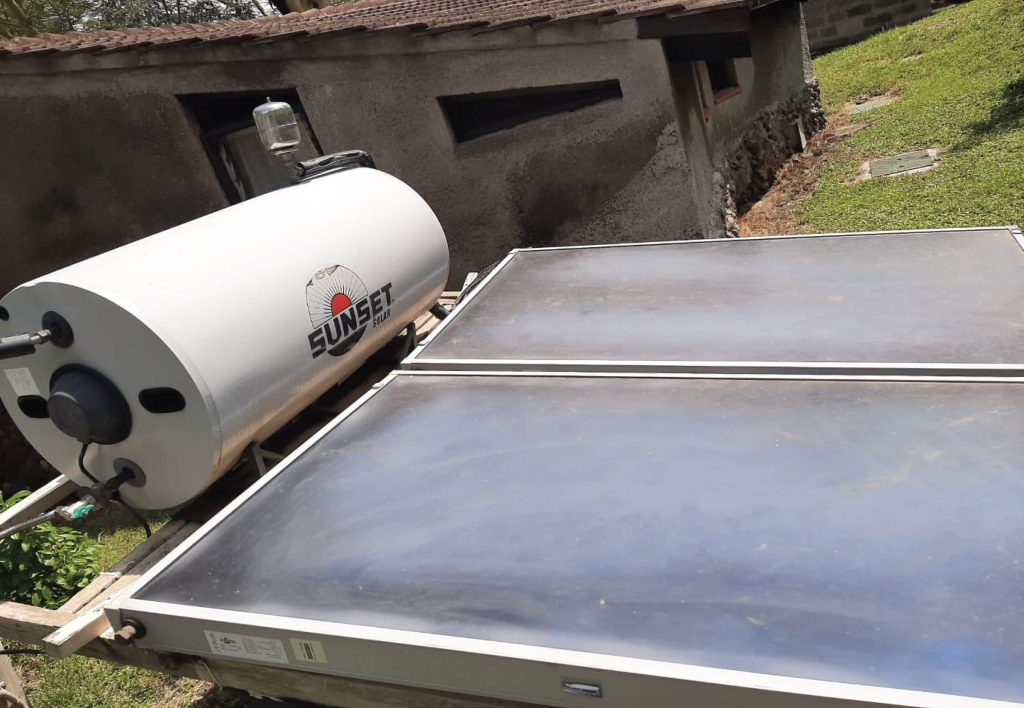
Our hotel rooms maximize beautiful, natural sunlight in all rooms through the installation of floor-to-ceiling windows to reduce reliance on electricity use. Speaking of electricity, our city hotels have adopted the use of motion sensor lighting along corridors that automatically goes off when no activity is detected, saving energy by as much as 50%.
Key to note, we do not burn any type of fossil fuel within our properties, drastically reducing our carbon footprint.
Elimination of plastics: Every straw used within our hotels is made of recycled paper. We have eliminated the use of some 6000 plastic straws that were previously going to landfills as waste after one use.
We have also adopted the use of glass water bottles which not only provide an aesthetic appeal but our guests in the rooms and the restaurants can rest assured that we no longer provide single-use plastic bottled water.
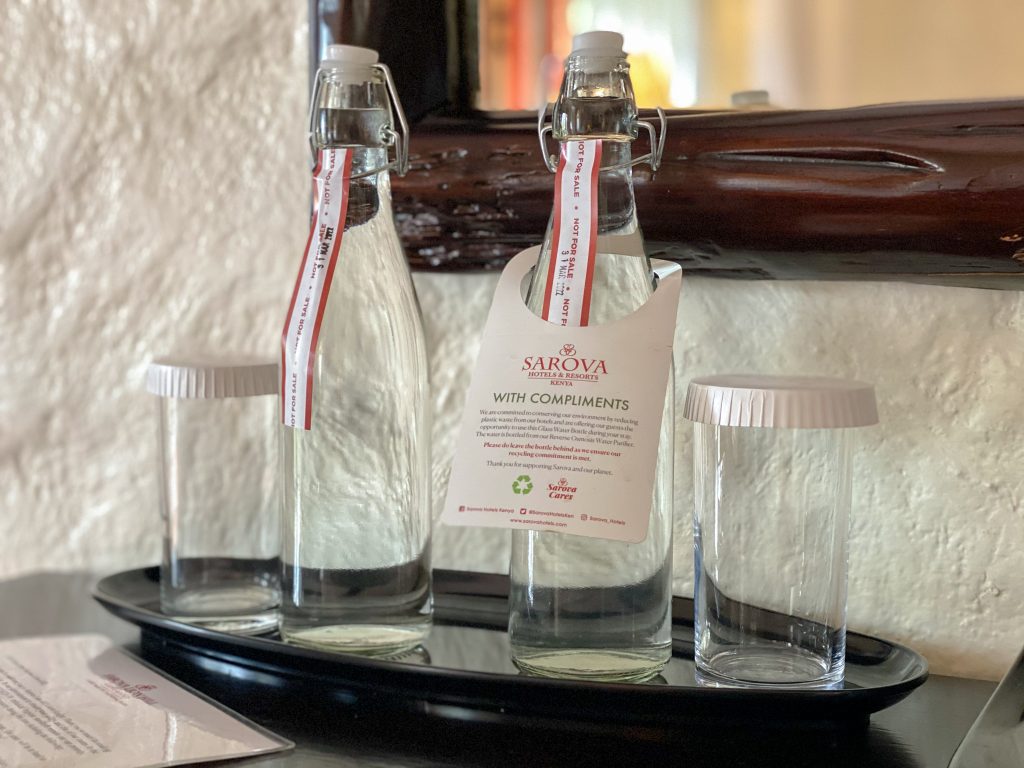
We are proud of our investment, an elaborate, state-of-the-art water filtration and bottling plant, based at Sarova Lion Hill Lodge which serves to provide drinking water for our in-room guests. We aim to pick learnings from this pilot project and soon roll out in all our other properties.
The management of waste: Waste cooking oil is recycled into renewable energy (Bio-Diesel), ensuring that it doesn’t end up in sewerage systems that clog pipes.
Kitchen waste and food leftovers are converted into valuable end products such as organic fertilizer used in our in-house organic kitchen gardens. Bulk amenities are in use in our shower closets in the form of luxurious bath and shower gels, shampoos and body lotions that are hydrating as well as indulgent and made from natural herbs and ingredients, free of parabens.
Elaborate effluent treatment plants that process raw waste using a system known as aerobic digestion are set up at Sarova Lionhill, Sarova Shaba and Sarova Mara game lodges to eliminate toxin matter before being discharged into the environment as clear, inoffensive produce. At Sarova Mara, the treated water flows into a watering hole used for drinking by the wild animals within the reserve while at Sarova Lion Hill &and Shaba Lodges the water flows out to support the vegetation around the lodge.
Water management: Grey water generated from our kitchens and guest room showers is recycled and treated for reuse which includes watering the lush climate-appropriate vegetation in our properties where the nutrients in the treated water such as phosphorus act as the plants’ food source, in addition to mulching which maintains soil quality and reduces water evaporation.
In the same breath, rainwater is collected into harvesting tanks for garden irrigation, even as we carry out hydro-zoning, a process that allows us to grow vegetation with similar water requirements to make the irrigation more efficient.
Eco-smart rain showers designed to keep water waste to a minimum are installed in guest rooms without compromising on the soothing effects of a great shower.
Continuous improvement and skill upgrade of Sarova associates: An investment in the continuous improvement of all staff is a core part of Sarova’s ethos. Various levels of training opportunities (both locally and internationally) are provided for and highly encouraged. These are not only available for skills upgrade but also for the handling of personal matters such as financial and health wellness.
Read about our safari experience searching for the Samburu Special Five whilst staying at Sarova Shaba in Kenya’s dry north, and our birding and wildlife experience whilst at Sarova Lion Hills overlooking Lake Nakuru.
